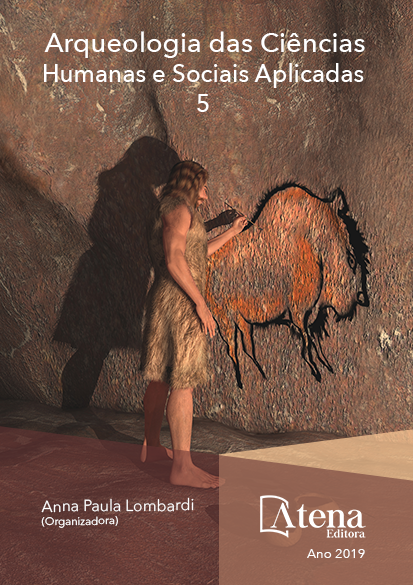
ANÁLISE DA LÓGICA DE PENSAMENTO DE THOMAS KUHN E KARL POPPER FACE A SOCIOLOGIA
Uma reflexão sobre a História
da Ciência na Idade Moderna contrapondose com a complexidade da construção dos
campos da sociologia pode ser iniciada com a
discussão do pensamento de Thomas Kuhn e
Karl Popper. Aquele, notadamente conhecido
pela introdução do termo paradigma e a
indicação de que a ciência não é acumulativa,
mas sim se desenvolve em episódios de
revoluções científicas. Por sua vez, o segundo
autor estudado revela que o método indutivo
é insuficiente para a construção da ciência,
propondo a prática do método hipotéticodedutivo, através dos testes de falseabilidade.
Neste trabalho, pretende-se fazer uma análise
da lógica de pensamento de Kuhn e Popper,
a partir do exame das obras: “A estrutura
das Revoluções Científicas” e “A Lógica
da Pesquisa Científica”, respectivamente,
contextualizando as trajetórias intelectuais
e as condições históricas da repercussão e
circulação de ideias. Num primeiro momento
far-se-á o estudo biográfico de Kuhn e Popper,
em seguida da interpretação das obras e
verificação dos rumos ditados pela sociologia
face aos valores científicos defendidos por
eles. Ao final do estudo, objetiva-se verificar
se as distintas formulações intelectuais dos
autores em foco alavancaram efeitos sociais
com suas ideias. Embora contemporâneos,
com trajetórias de vida bastante diferentes,
os autores expressaram teses que mantém
proximidades quanto ao conceito de verdade.
ANÁLISE DA LÓGICA DE PENSAMENTO DE THOMAS KUHN E KARL POPPER FACE A SOCIOLOGIA
-
DOI: 10.22533/at.ed.52019170123
-
Palavras-chave: Pensamento; Sociologia; Kuhn; Popper.
-
Keywords: Thought; Sociology; Kuhn; Popper.
-
Abstract:
A reflection on the History of
Science in the Modern Age in opposition to
the complexity of the construction of the fields
of sociology can be initiated by discussing the
thinking of Thomas Kuhn and Karl Popper. The
one, notably known by the introduction of the term
paradigm and the indication that science is not
cumulative, but develops in episodes of scientific
revolutions. In turn, the second author studied
reveals that the inductive method is insufficient
for the construction of science, proposing the
practice of the hypothetical-deductive method,through falsifiability tests. In this work, we intend to analyze the logic of thought of Kuhn
and Popper, from the examination of the works: “The Structure of Scientific Revolutions”
and “The Logic of Scientific Research”, respectively, contextualizing the intellectual
trajectories and conditions repercussions and circulation of ideas. In a first moment
the biographical study of Kuhn and Popper will be made, after the interpretation of the
works and verification of the directions dictated by the sociology in face of the scientific
values defended by them. At the end of the study, the objective was to verify if the
different intellectual formulations of the authors in focus leverage social effects with
their ideas. Although contemporary, with quite different life trajectories, the authors
have expressed theses that are close to the concept of truth.
-
Número de páginas: 15
- Thais Cristina dos Santos
- Nei Alberto Salles Filho
- DANIELE CRISTINA BAHNIUK MENDES


